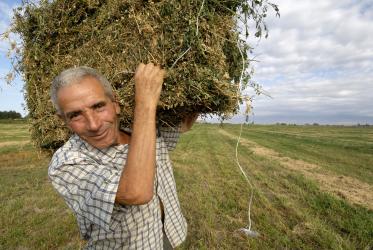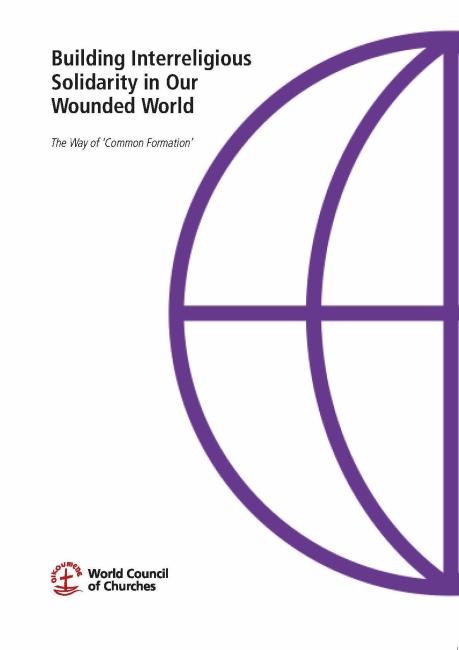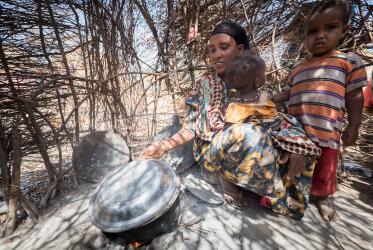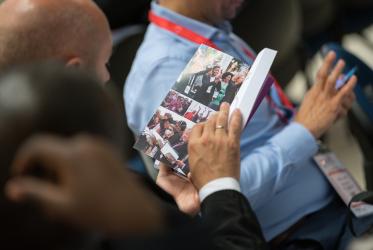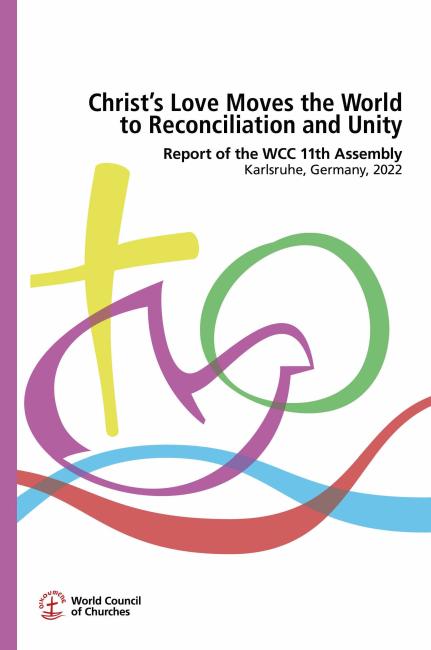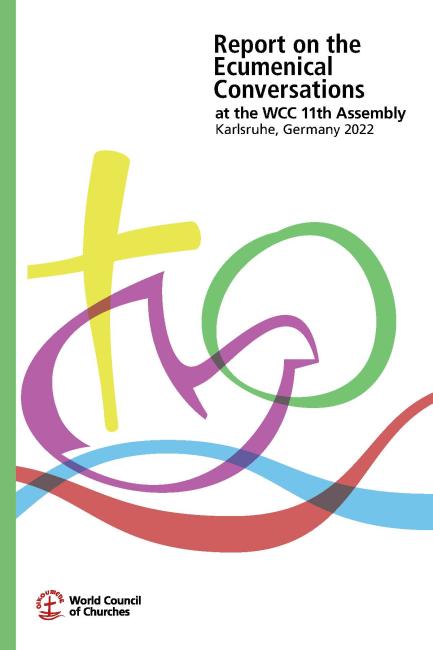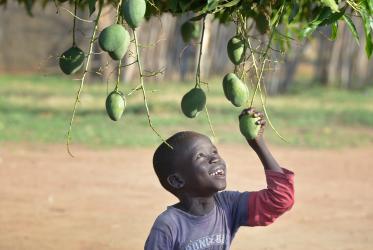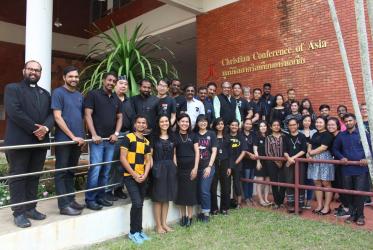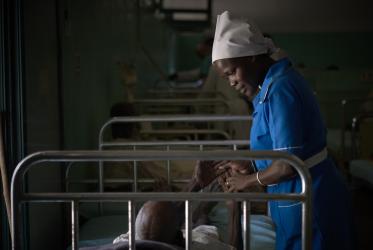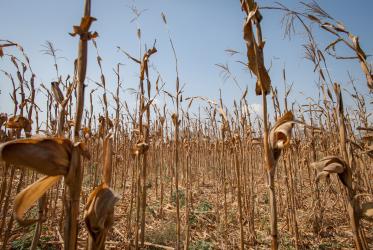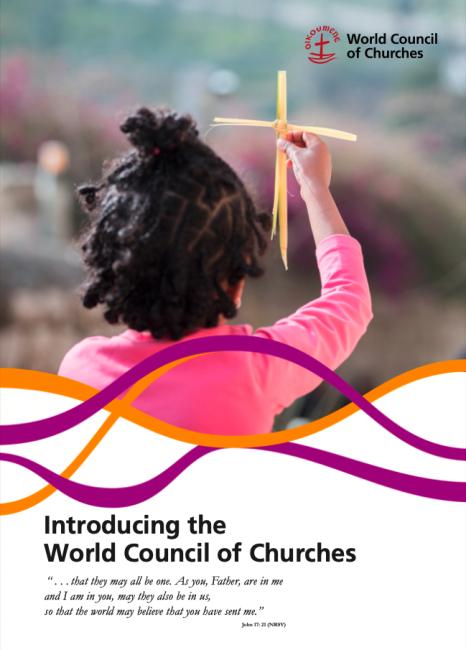Displaying 41 - 60 of 696
A Guidebook for Local Faith Communities
05 October 2023
Faith Sector Implementation of the Global AIDS Strategy
05 October 2023
Ecumenical International Youth Day 2023 Toolkit
Young People and Their Voices from the Warzones
26 July 2023
WCC hosts 11th Ecumenical Global Health Partners Meeting
27 April 2023
Introducing the World Council of Churches
21 April 2023


